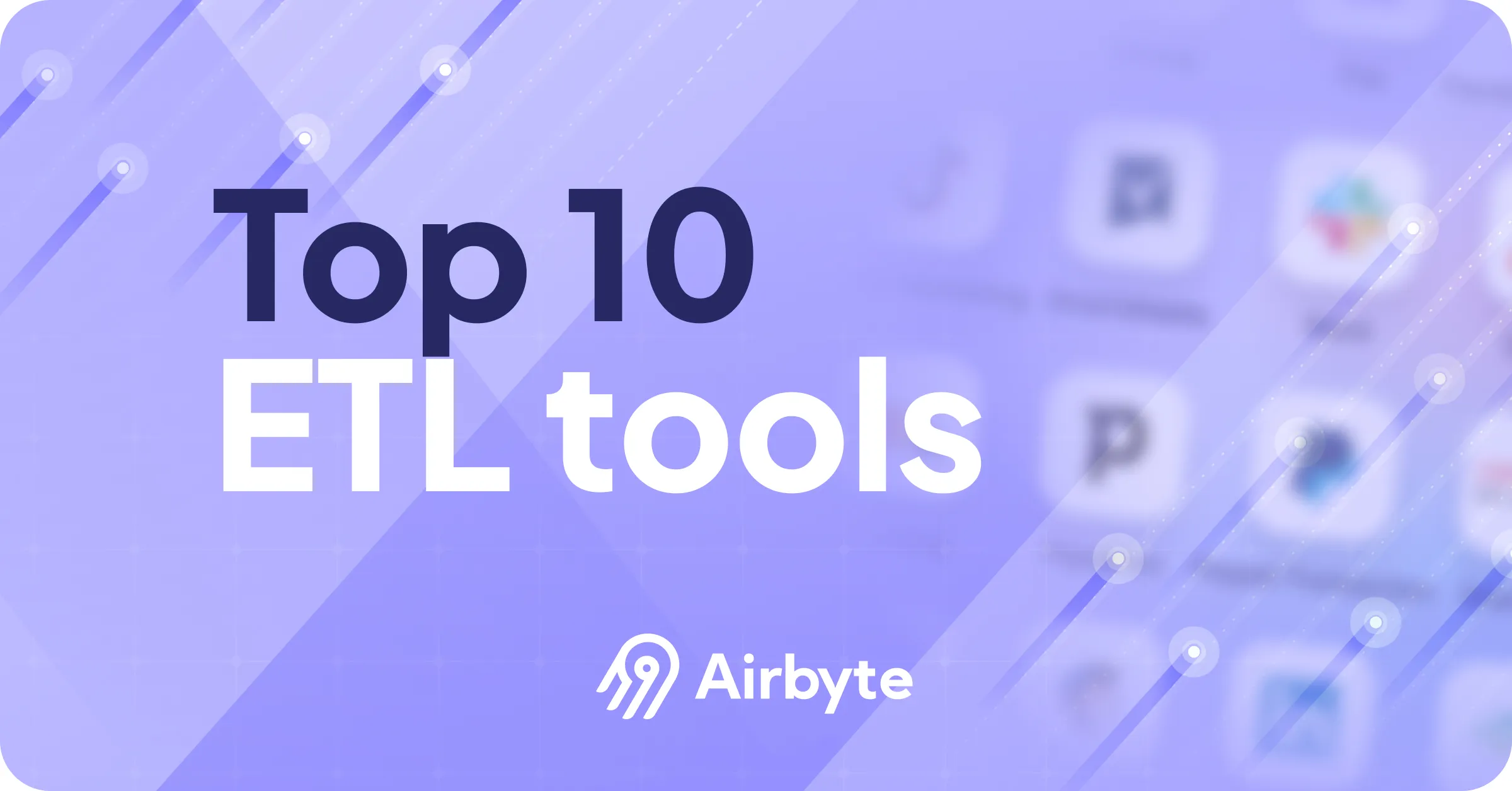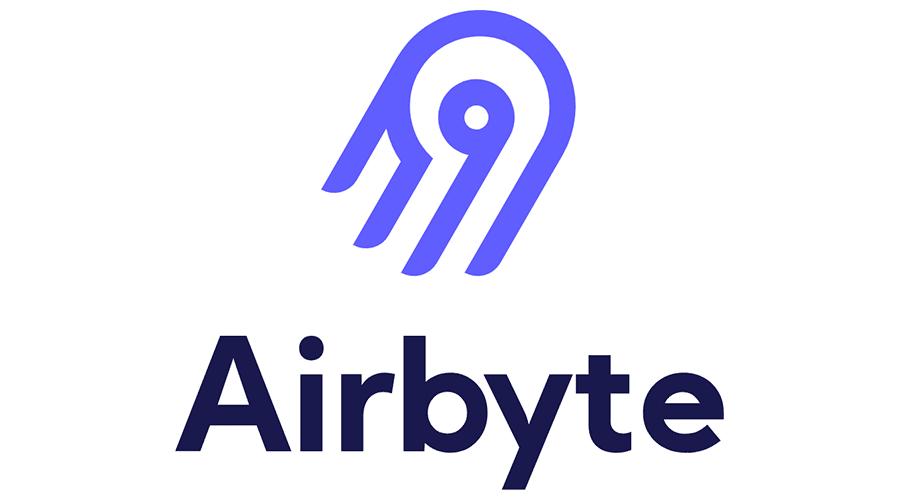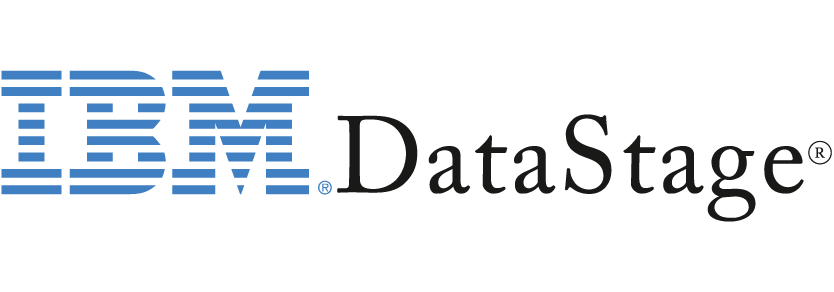Top 4 Rivery Competitors & Alternatives 2026
Summarize this article with:
.webp)

Data integration processes are crucial for uncovering the true potential of your huge datasets. This entails combining data from different sources and loading it into a centralized repository for conducting in-depth analysis. Platforms like Rivery have developed swift and automated solutions to eliminate manual labor and save time. However, Rivery is not the only robust data integration platform! This article will delve into some of the most sought-after Rivery competitors and alternatives that you can choose for your organization.
Rivery: A Complete Overview

Rivery is a well-known data integration and replication platform. It offers a comprehensive solution that encompasses various aspects of data management. Rivery offers you 200 pre-built connectors to connect to a wide range of applications, data warehouses, and file storage options.
Standout Features
- Automated Workflows: With Rivery, you can automate every step of your data integration process. There are built-in tools for data transformation and workflow orchestration that conduct complex data processing in a short time. You can even execute multi-step SQL-based transformations and data manipulations seamlessly within the chosen cloud data warehouse.
- Predefined Reports: Rivery provides you with predefined reports that can be tailored to your specific needs. Each report comes with a concise description of the data it covers, allowing you to understand its relevance to your business objectives. Schematic mapping is provided to show how your data is structured and organized. Additionally, there are customizable fields and custom reporting functionalities to build the report per your requirements.
- Proactive Alerts: Rivery provides you with a unified dashboard to give you a comprehensive view of your entire data flow. To step up the security, you can create custom alerts that automatically notify key team members of anomalies or issues detected in your data pipelines. You can use the dashboard to drill down to specific events and minimize data downtime with the alerts.
Pricing
Rivery offers two pricing plans based on the number of RPU credits you use. The Starter Plan charges $0.75, and the Professional Plan commences at $1.20. There is a custom Enterprise Plan that can be personalized and deployed for your organization.
The Top Four Rivery Alternatives
While Rivery holds a strong position in the data integration industry, there are a few competitors that can provide enhanced and comprehensive services. Take a look at the best four Rivery alternatives in the market today.
Airbyte

Airbyte is one of the most popular Rivery alternatives you can find. This platform is one of Rivery’s competitors, offering robust data integration and replication capabilities. By signing up for free with Airbyte, you can get access to its expansive 400+ pre-built connectors library. Airbyte has a vast open-source data community, which contributes to the maintenance of community-driven connectors you find on the platform. Thus, you can be assured of the performance and integrity of your data pipelines.
Standout Features
- Connector Development Kit: With Airbyte’s Connector Development Kit (CDK), you can create custom connectors and build a data pipeline with your desired source and destination. You can build a no-code connector in less than ten minutes or use CDK to create a low-code connector in under 30 minutes. If you are looking to develop a language-specific connector with CDK, it can be established in about three hours.
- AI Connector Builder: Airbyte offers an AI-powered assistant for its Connector Builder feature. Developed in collaboration with Fractional AI, this potent feature automates the process of building custom connectors, allowing you to establish a data pipeline quickly and easily. To know more, check out this hands-on tutorial.
- Change Data Capture (CDC): This feature lets you capture changes or modifications made to your dataset at the source and migrate it to your data warehouse. While setting up the data pipeline, you can set up an incremental sync frequency. The Airbyte pipeline will sync the changed data from the source and update the dataset at your destination. It is a faster way to keep your data up-to-date and save yourself from the hassle of migrating the entire dataset every now and then.
- Compatibility with LLM Providers: Airbyte provides you with a pre-built set of LLM providers, such as OpenAI, Cohere, and Anthropic. You can use them to generate embeddings and transform your data before storing it in a vector database of your choice.
- RAG Transformations: To improve the performance and outcomes of your large language models, you can perform RAG transformations by integrating your LLM frameworks with Airbyte.
- Powered By Airbyte: Airbyte offers you two versions: Headless and UI. If you choose the former, you can fully customize your user experience on Airbyte’s intuitive graphical interface. You can also leverage the Airbyte API to power your product’s frontend user interface seamlessly. The latter version is a “done-for-you” user interface. You do not have to spend time building an interface and can directly authenticate and sync your data. To get early access to the UI version, you can contact them here.
Pricing
Apart from the free, open-source option, Airbyte has three more plans: Airbyte Cloud, Airbyte Team, and Airbyte Self-Managed Enterprise. You can sign up for Airbyte Cloud for free, but you need to contact their sales team to deploy the Airbyte Cloud with Teams plan. Under Airbyte’s Self-Managed service, you can avail of the Enterprise plan by getting in touch with them directly.
How is Airbyte Better Than Rivery?
Since Airbyte is one of the leading competitors of Rivery, take a look at a few reasons why you should consider this alternative:
- More Connectors: Compared to Rivery’s 200+ connectors, you can find several different data sources and destinations in Airbyte. The platform has one of the most widespread connector libraries in the data integration industry, even allowing you to build custom connectors within minutes.
- PyAirbyte: Airbyte offers an open-source Python library, PyAirbyte, that provides you with a set of utilities to use Airbyte connectors in Python. You can create, manage, and deploy custom data pipelines and conduct various transformations on your data through this feature.
- Process Unstructured Data: Airbyte provides a unique feature that allows you to move unstructured data, such as text-based data, from different sources. Using Airbyte’s extensive catalog of source connectors, you can migrate unstructured datasets to vector databases that have features to help you extract meaningful insights.
- Build End-to-end RAG Applications: Using Airbyte’s Snowflake Cortex destination, you can create a personal vector store directly within Snowflake. You can further leverage Snowflake Cortex functions to perform Retrieval-Augmented Generation (RAG), which can significantly improve your chatbot operations.
- Large Open-source Community: Airbyte has one of the largest open-source data engineering and AI communities, with over 900+ contributors and 20k members. If you face any issues while building or using a connector, you can instantly reach out to community members and developers across the world for support. Thus, Airbyte provides a faster resolution of bottlenecks than Rivery.
- User-friendly UI: In Airbyte, configuring source and destination from your data pipeline only takes a few minutes. In two steps, you can migrate your data from several sources into a desired database storage system of your choice. This is because of Airbyte’s simple and easy-to-use graphical interface.
Informatica

Informatica is a data integration tool that leverages the Intelligent Data Management Cloud (IDMC) powered by AI. With elastic and serverless computing capabilities, IDMC ensures scalability and meets your growing data volumes and processing requirements with ease. Whether your data infrastructure is hybrid or multi-cloud, Informatica seamlessly runs on and interoperates with your existing data systems. It is worth noting that Informatica has been recognized as a Leader in the 2023 Gartner Magic Quadrant for Data Integration Tools. This makes the platform one of the great alternatives to Rivery.
Standout Features
- CLAIRE AI Engine: With Informatica’s CLAIRE AI engine, you get access to dataset curation recommendations, intelligent glossary associations, automated dataset classification, and lineage tracking. These functions help enhance your data management process as well as accelerate data delivery to various teams.
- Data Asset Analytics: This feature helps you measure and enhance the value of your data, enabling you to gain insights into your data assets swiftly. You can track your data from system level to column level, getting a comprehensive view of dataflows in your ecosystem. Informatica’s Data Asset Analytics aids you in finding areas for improvement, assessing the implications of changes, and optimizing your data pipelines.
- Data Governance Capabilities: Informatica has integrated data governance capabilities that help you to maximize the value of your data. You can get access to trusted insights from the platform’s AI models and link technical metadata with business context. This can help mitigate risks associated with poor data governance and quality measures, boosting data integrity and business outcomes.
Pricing
If you choose this Rivery competitor, you have to pay for the number of Informatica Processing Units (IPUs) you use. To utilize the platform's cloud services, you can choose an IPU or Flex IPU consumption model and get in touch with their sales team.
Suggested Read: Informatica Competitors
IBM DataStage

IBM DataStage is one of Rivery's well-known competitors. This data integration solution supports ETL and ELT patterns, allowing you to easily design, develop, and execute data consolidation and transformation jobs. While a fundamental version of the software is available for on-premises deployment, you opt for DataStage for IBM Cloud Pak for Data. With this upgrade, you can enjoy automated integration capabilities in a hybrid or multi-cloud environment.
Standout Features
- Enhanced Data Quality: With IBM’s QualityStage feature, you can automatically resolve data quality issues during data ingestion into target environments. It significantly reduces infrastructure management costs, slashing the operational overheads by 65% to 85%. This efficiency gain empowers you to focus on high-priority tasks, accelerating your business growth.
- Robust Metadata Security: You can safeguard sensitive data with metadata exchange capabilities by accessing the IBM Watson Knowledge Catalog through the DataStage platform. With this feature, you can utilize data lineage to visualize how your dataset traverses through transformation and integration processes. You can exercise granular control over access to different projects, ensuring workflow accountability and security.
- Unified Platform: DataStage boasts a powerful and scalable parallel engine that is capable of handling massive volumes of data efficiently. Its built-in auto workload balancing feature ensures high performance and elastic management of computing resources. Additionally, DataStage seamlessly integrates with IBM’s other services, such as business intelligence, data virtualization, and governance. This makes it a worthy alternative to Rivery.
Pricing
IBM DataStage offers four plans. The IBM DataStage as a Service begins at $1.75 per Capacity Unit-Hour. The other plans include IBM DataStage On-premises, Enterprise, and Enterprise Plus.
Fivetran

Fivetran is regarded as one of the popular Rivery competitors. This cloud-based platform provides you with over 400 data connectors spanning various domains. Fivetran’s automated data integration capabilities are further enhanced by its continuous data synchronization feature. You can deploy this database replication solution across three different data architectures: fully managed, hybrid, or self-hosted (on-premises).
Standout Features
- Log-free Database Replication: Fivetran offers support for log-free database replication through its Teleport Sync feature. Its proprietary database replication method incrementally replicates your dataset with just a read-only SQL connection. The functionality utilizes compressed snapshots to replicate and migrate data from a supported source to a designated destination without any database logs.
- Column Hashing: Fivetran supports column hashing, which helps you prevent sensitive and personally identifiable information from being synced to your destination. Hashing is a technique to anonymize data by transforming the actual values in columns to hash values. All Fivetran connectors have the column hashing feature to provide an extra layer of security for your sensitive data.
- Sync Failure Handling: In case your data sync from source to destination fails, Fivetran ensures you do not lose any data in the process. The platform notifies you immediately through email notifications and a Task message on your dashboard. You can view the sync failure in your logs and immediately begin troubleshooting. Once the sync resumes, Fivetran picks up from where the sync was left, ensuring all data changes reach the destination securely.
Pricing
Fivetran provides you with a free starter plan. There are three pricing plans with varying features: Starter, Standard, and Enterprise. Your pay is based on your monthly active rows (MAR) usage.
Suggested Read: Fivetran Competitors
The Final Word
Rivery has carved a name for itself among various data integration platforms and tools. However, the performance of some of Rivery’s competitors, such as Airbyte, is noteworthy. Now that you have a detailed overview of the top Rivery alternatives, you can easily choose a data integration platform that meets your needs.
Suggested Read:
What should you do next?
Hope you enjoyed the reading. Here are the 3 ways we can help you in your data journey:



